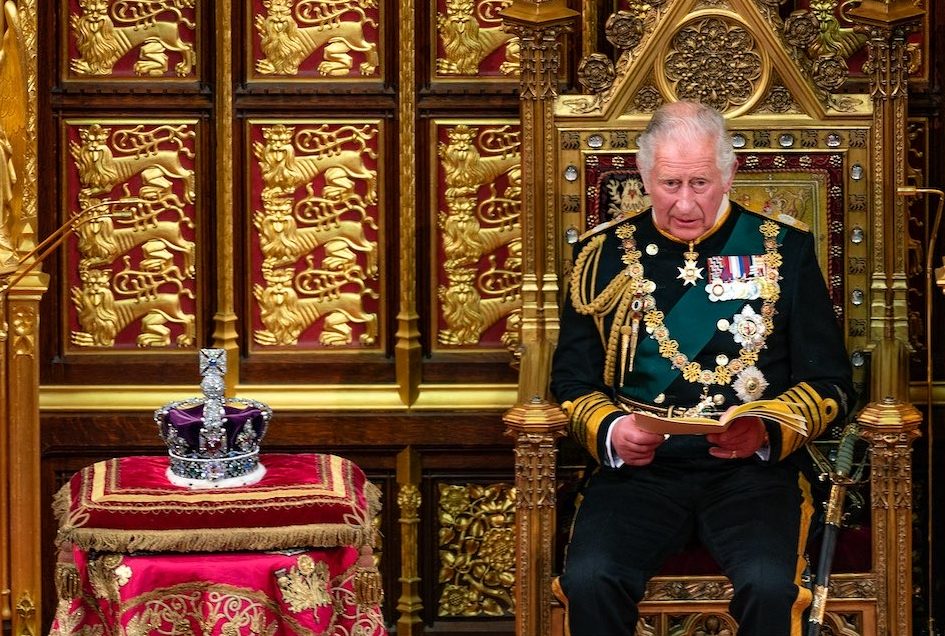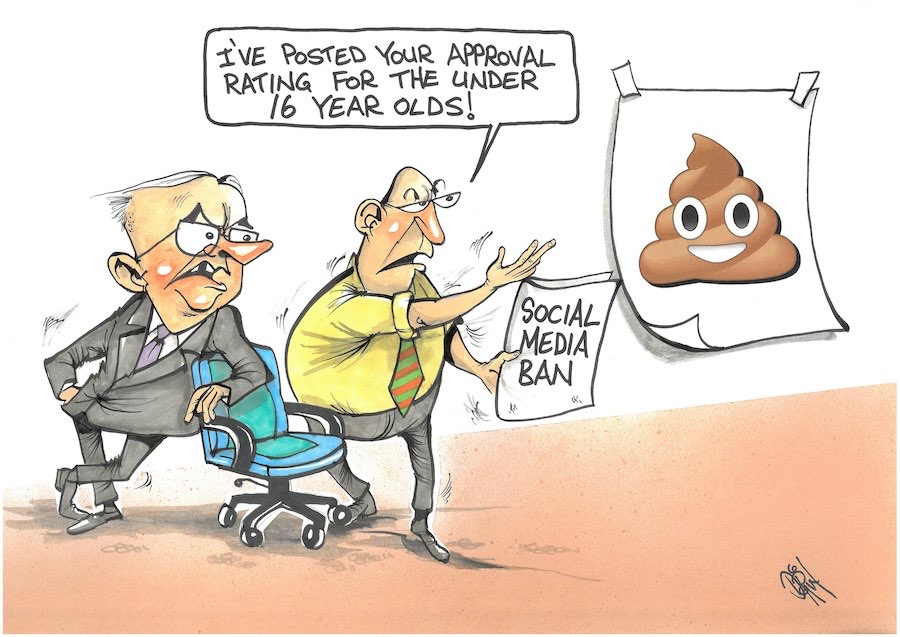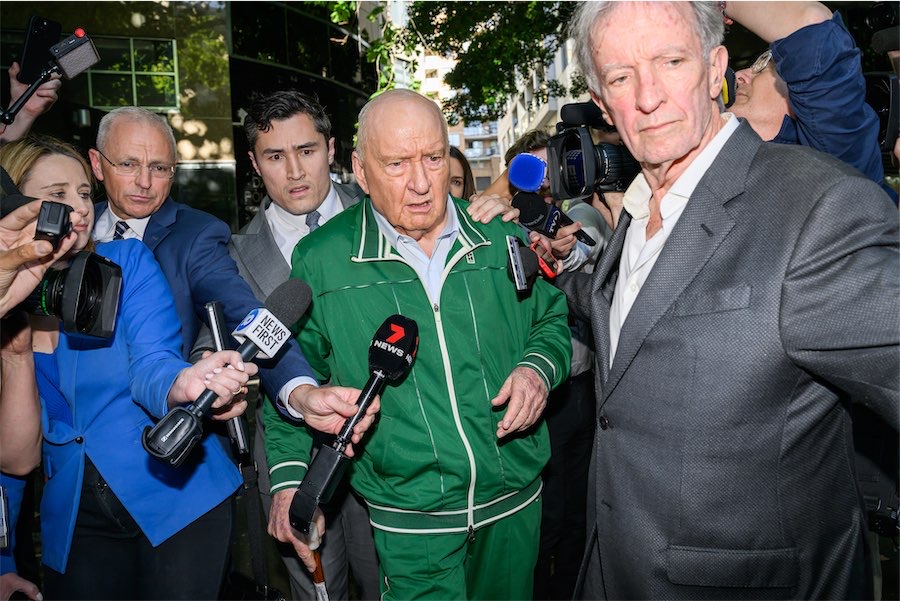
“No matter the role Charles has played and will play, Australia is mature enough to stand on its own feet constitutionally… it’s time for renewed effort to distance ourselves from the UK and the monarchy,” writes MICHAEL MOORE.
WHAT do Australians think of King Charles III? This was a common question asked of me on a recent trip to the UK.

The expectation seemed to be that I could answer for all Australians. However, the ramifications of the succession and the May 6 coronation combined with the spectre of a republic are thought-provoking.
Will King Charles be as active and interested in Australia as his mother Queen Elizabeth II? Will it be the catalyst for a shift of thinking more strongly away from our constitutional monarchy? Will Charles gain the gravitas and respect that his mother enjoyed after so many years as monarch?
It has always been a tough gig for Charles. The monarch-in-waiting really spent what would be considered a normal working life waiting to take over the role that his mother performed so well. How frustrating!
In my view, Charles did carve out an important role for himself. Apart from ceremonial duties supporting his mother, he used his position as Prince of Wales and first in line to the throne to encourage respect for the environment, to call for a stronger focus on social justice and to support vulnerable groups.
I wonder if his time doing outdoor schooling at Timbertop in Victoria enhanced his understanding of the impact of environmental issues?
No matter the role that Charles has played and will play, those of us who believe Australia is mature enough to stand on its own feet constitutionally, find this a time for renewed effort to distance ourselves from the UK and the monarchy. The challenging part is that when we look at a number of democracies that have elected presidents – our system simply seems to work so much better.
So how can a minimalist change to our constitution be achieved? The last referendum illustrated the challenges of getting agreement on the ideal alternative. A conservative approach would be to simply maintain the system of appointment and limited tenure of the governor-general (without approval, review or representation) of the British monarchy.
The current powers of the governor-general are limited. As such, they do not interfere on a day-to-day basis with the role of the executive, the House of Representatives or the Senate. Nor does it interfere with High Court decisions. These fundamentals drive our democracy.
At the previous referendum on a republic, the (sensible) idea of electing a president by a two-thirds majority of a joint sitting of both houses of parliament was rejected following a campaign by royalists about the “politicians’ president”. Sadly, this ruse worked.
The alternative of direct election of a president actually delivers a “politician president”. No longer would the role be one of general review of government processes – including the way Sir John Kerr handed government back to the people for re-election (but that is another debate).
Direct election means that anyone standing will need to make promises in order to attract votes. This will mean the role of president will become more and more akin to what we see in France or the US. If the promises are to be delivered, a whole new layer of administrative support would need to be added. This would mean additional taxes.
We do not need a politician president. In my view, our system of democracy works more effectively than those with a directly elected president. Of course, it is not perfect! No system of government can suit everyone all of the time. In politics the best that can be hoped for is often the least-worst solution.
Fundamentally, however, it is time for the ceremonial suckle at the British nipple to be severed.
As the UK moved away from the European Union it has become clear that the expectation of many of the supporters of Brexit was a return to the “glory days” of the British Empire. Australia should be no part of this, but retain the close (but separate) links that we have retained now for well over half a century.
The succession and coronation of King Charles III does provide an opportunity for Australia to rethink our democratic links and systems.
Let’s be sure that we do not discard a system that works well for one that adds another layer of bureaucracy, more taxes, and increases the likelihood of corruption.
Michael Moore is a former member of the ACT Legislative Assembly and an independent minister for health. He has been a political columnist with “CityNews” since 2006.
Who can be trusted?
In a world of spin and confusion, there’s never been a more important time to support independent journalism in Canberra.
If you trust our work online and want to enforce the power of independent voices, I invite you to make a small contribution.
Every dollar of support is invested back into our journalism to help keep citynews.com.au strong and free.
Thank you,
Ian Meikle, editor





Leave a Reply